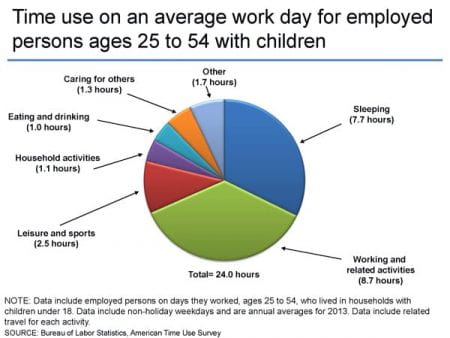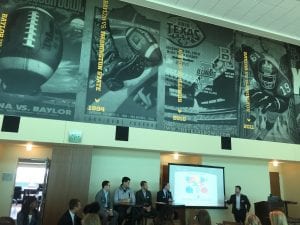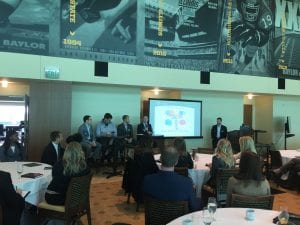by Jeff Eldersveld – June 2015
The most valuable thing any sports professional can give is time. It doesn’t matter what stage in the career – looking for a job, recent hire at a job, or a seasoned veteran – because how time is spent defines one’s self and, ultimately, one’s career advancement.
Time management is often not formally taught in school or even at jobs for that matter. Yet it is directly mentioned in a vast majority of sports job descriptions. Entering college, students are thrust into an environment where they have to balance a workload of multiple classes, assignments, and extra-curricular activities. So, they become self-taught time management enthusiasts. Some students figure it out. But, what worked in college may not equate to success in the sports industry when it comes time to get a job, start a job, or continue as a seasoned veteran in this industry.
How to Best Use Time to Get a Job
Let’s focus on first-time job seekers.
- 1. Intentional Internships: To get a job you have to have experience and to get experience you have to have a job. So, the most important use of your time should be finding an internship that directly translates to a desired occupation, rather than just accepting whatever will give course credit. Sometimes that means pursuing & creating an internship where one didn’t exist. You must intentionally commit scheduled time to develop relationships & connections. Your university, as well as the sports organizations in your area, often provide opportunities to network with executives. You should be first in line and last to leave after getting their business cards.
- 2. Navigate Patience vs. Persistence: College students work their way through four years of school (or more) and have a job waiting for them when they graduate. Wrong. Not in sports! In a perfect world, sports administration programs would have rolling graduation dates to coincide with the off-seasons of the four major professional sports. Because that is not a reality, most first-time job seekers must be patient. The hiring cycle in sports does not always fit with recruiting practices of corporate America.
While patience is necessary, persistence is required to make sure your resume floats to the top of the pile when a job opens. Time must be spent reaching out to prospective employers letting them know about a related school project, something you saw in the S3 Report (duh), or some form of warm and NOT random conversation. Then when a job does open up, the decision becomes much easier on who the employer should reach out to first.
How to Best Use Time as a Recent Hire
Too many want to rush this stage without taking the time to develop their skill sets, instead diverting focus by looking for the next promotion or better job opportunity.

- 3. Train like it’s a marathon, not a sprint: Rarely does someone become General Manager or Vice President before the age of 30. Developing leadership competencies (see right) don’t happen overnight or even in a few years. Marathon runners are known for superior endurance and mental toughness. Half of running a marathon (other than the 26.2 miles) is believing it can be done. Time must be devoted to training, learning how to crash through “the wall,” and sacrificing momentary pain for long-term accomplishment.
Recent hires need to work like this. Impress the person who hired you by showing a high level of commitment and ability to accomplish delegated tasks. It may seem tough to endure while wondering if that promotion is ever going to come. That is a mental block or wall to overcome. Stay focused on the task at hand. Gradually earn more responsibility as you train, ready to go the entire distance. Don’t be the one who stops halfway and hops on the bus for the easy ride back home.
How to Best Use Time as a Seasoned Veteran
As you develop leadership skills and are in a position to lead and help others, two of the best ways to use your time are to give back and to work with the right people.
- 4. Give Back: To become a “seasoned veteran,” others had to help along the way. Devote time to the next generation of up-and-coming sports industry superstars. These superstars could be looking for internships, first-time jobs, or taking a step to further their careers. But one thing is the same: a knowledge transfer from a veteran is what will help pave the way for the superstar’s future success.
- 5. Hire the Right People: There is no better way to spend time than building a highly functional team. The trick is to identify resources during one’s career that produce top talent either by coming up through a highly reputable organization (led by seasoned veterans) or college students who have been given a superstar skill set by their institutions. Once these areas have been identified, finding the right people becomes much more efficient. And with efficiency comes better productivity and more time to train – making the team that much better.
Time is Always Needed for This
Here are a few exercises to practice no matter what career stage.
- 6. Say Thank You: Handwritten notes are still king because they take time to write. But, don’t neglect a verbal thank you, either. Whether in the office or over the phone, saying thank you preaches humility – which is also why this act should be done to subordinates as much as superiors.
- 7. Learn More to Teach More: Take time to find your inner curiosity. Discover something new like learning HTML or attending an online seminar. Better yet, gain new knowledge and disseminate that knowledge amongst peers and coworkers. It doesn’t help anyone when knowledge is concealed.
- 8. Call Your Family: Whether it’s a special occasion like Father’s Day or just the start of a new week or month, make a point to reach out to your family – especially Mom and Dad. They are, after all, the ultimate seasoned veterans.
- 9. Find Your Happy Place: Everyone goes through difficult days where stress pops up in unforeseen ways. Powering through it some days may work but use these opportunities to “take a lap” around the office. With most teams, a lap means walking around the arena to clear the mind and refocus but it could also be in the form of a physical workout.
Cover photo courtesy of Jeff Davidson.

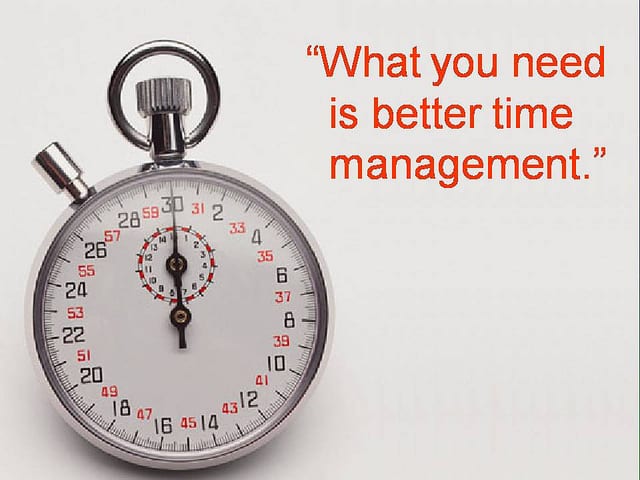

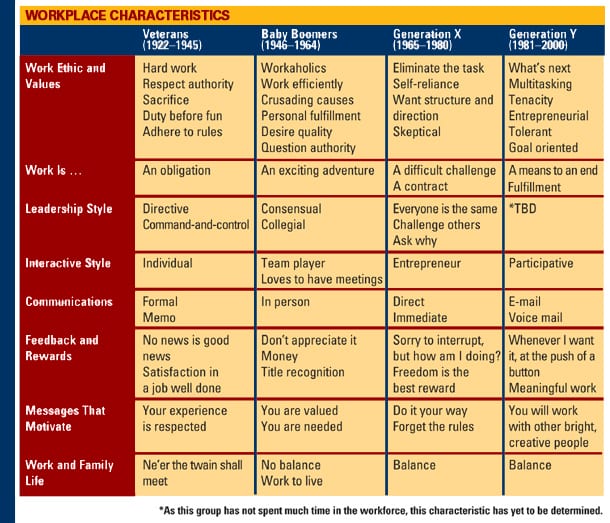


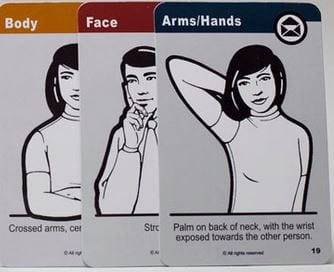

 One of the best pieces of advice I have received at NRG was from our Director of Sponsorships,
One of the best pieces of advice I have received at NRG was from our Director of Sponsorships, 
